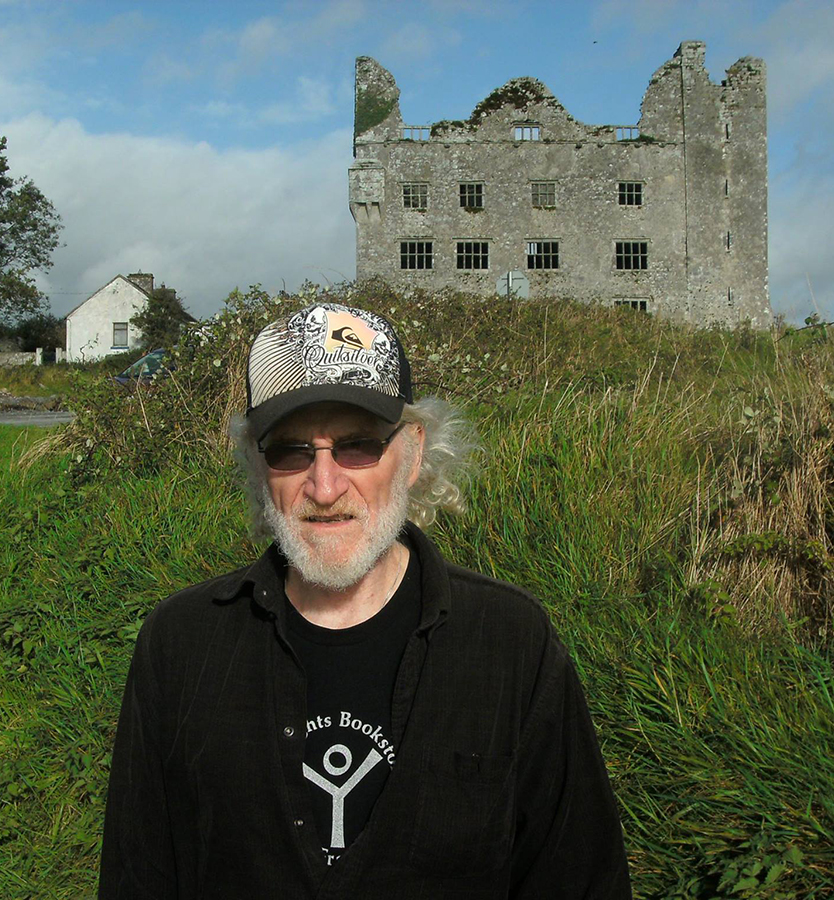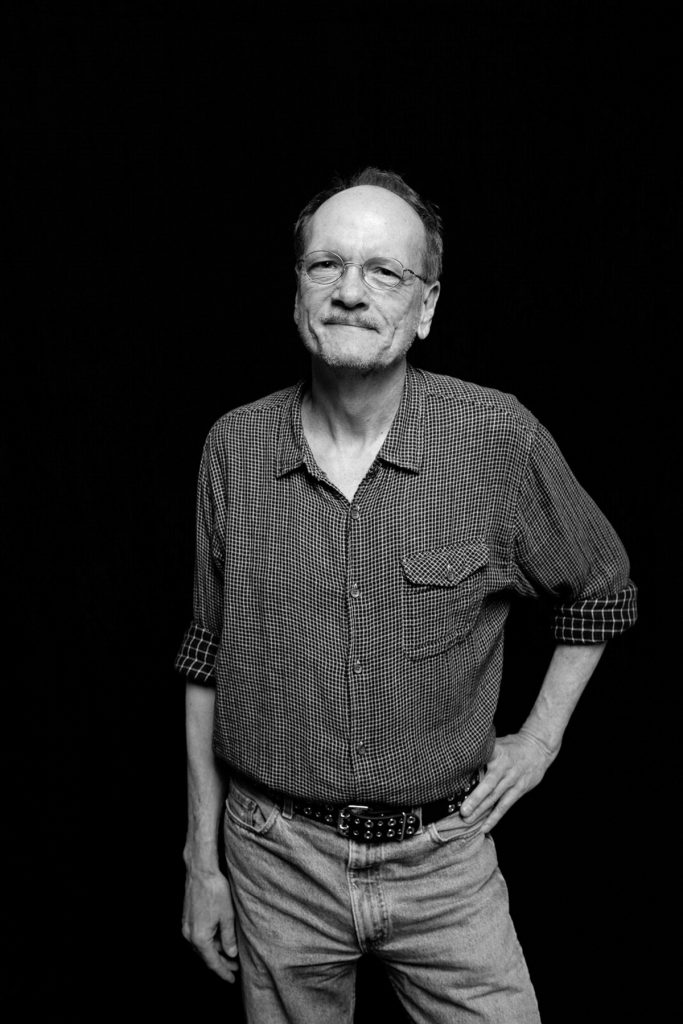Culture
Down Home and Rowdy Next Up for Poetry Series at Dairy Barn Arts Center
< < Back to down-home-and-rowdy-next-up-for-poetry-series-at-dairy-barn-arts-centerThe Dairy Barn Arts Center is pleased to welcome internationally lauded poets to its poetry series “Spoken & Heard, Poetry of Departure and Relevance;” curated by Athens Poet Laureate Kari Gunter-Seymour, Thursday evening, May 9, 2019, at 6 p.m. in the Sauber Gallery. Featured will be West Virginia poets Ron Houchin and A. E. Stringer.
Ron Houchin has eight books of poetry, one of short stories, and one young adult horror novella published. His poems appear in or are forthcoming in Poetry Daily, Verse Daily, Poetry Ireland Review, Potomac Review, and the anthologies: Eyes Glowing at the Edge of the Woods, Hardlines, Quarried, Piano in a Sycamore, Stony Thursday Book (Ireland) and many others.
Houchin has just released his seventh full-length collection of poems from LSU Press’ Southern Messenger Series, The Man Who Saws Us in Half, which is now being touted as one of the most distinguished poetry series in America. He was raised in Huntington, West Virginia, and still lives nearby in the Appalachian region of southern Ohio. He taught public high school there for over 30 years. His work has appeared in over two hundred journals, and his awards include the Vesle Fenstermaker Poetry Prize from Indiana University, an Ohio Arts Council Fellowship, and nominations for Paterson and Pushcart Prizes; as well as the Appalachian Studies Associations’ prestigious Weatherford Prize for Poetry.

Houchin has had an interesting international publishing collaboration with Salmon Publishers of Ireland. His collections Moveable Darkness, Museum Crows and The Quiet Jars were published by Salmon. He frequently travels to Ireland for readings and collaborations with Irish poets.
“It sort of dawned on me one day,” says Houchin, “that I spent a lot of time writing and putting ideas and lines together in my head—often not even writing them down at all. I think my first connection to poetry was a nursery rhyme my great grandmother would just come out with at random times when I was little. She would just start to chant in her raspy rattle of a voice, “Baa, baa, black sheep where is your lamb? Down in the valley, the buzzards and the flies picking out its eyes and the poor little thing crying ‘Mammy’.” That and the book of Revelation every weekend at the Nazarene church were beautiful and horrific early connections.
When asked in an interview by Still: The Journal what Houchin wants readers to take away from his poems, he replied, “That feeling of “Holy %*#*, how’d I miss seeing that?”
A. E. Stringer is the author of four collections of poems, Channel Markers (Wesleyan University Press), Human Costume, Late Breaking, and Asbestos Brocade (Salmon Poetry, 2017). His work has appeared in such journals as The Nation, Antaeus, The Ohio Review, Denver Quarterly, Prairie Schooner, Shenandoah, Poetry Northwest, and others. He edited and introduced an edition of Louise McNeill’s Paradox Hill (West Virginia University Press) for twenty-four years, and taught writing and literature at Marshall University, where the A.E. Stringer Visiting Writers Series is celebrated seasonally.

“Art Stringer’s poetry reveals a restive and observant mind attending always to the world around it, “ says John Van Kirk. “More than merely commenting on that world, Stringer’s work commits itself to the study of what we observe every day. Not content to describe, he dares to search for meaning, as if the world in all its multifarious manifestations were a text to be deciphered. The poems are like rocky crags. With a sudden shift of weight, the cleft that was your handhold turns to a jagged edge that cuts you open.”
Rory Brennan offers, “Art Stringer is a poet of complexity and range… [he] beckons and invites us into his labyrinth.”
Opening poet/musician is Athens’ own Dan Canterbury. Canterbury is the prodigal son of a Baptist minister. He grew up in a musical family, a child of the 80’s, his art-rock musical heroes were bands like Alan Parsons, Yes, Jethro Tull, and Rush, until he had a Folk–Americana epiphany. Soon he had joined the road crew of singer-songwriter Jamie Brockett, whose touring included the East Coast Folk Festivals from New York, up the Eastern seaboard, down to Philly, and to Festivals across the Rockies, including Colorado, Wyoming and points west. During summers spent in the back of the tour van and on the stage crew, he began to write songs, play keyboards, harmonica, and sing harmony.
When Canterbury composes, often songs will begin as poems. A song lyric will distill out of the poetry, followed shortly by a melody. His approach to songwriting focuses on the importance of the lyric, allowing the craft of songwriting to remain visible to the listener, through the interplay of syllables, tempo, texture, and tone. As much as he hates to admit it, as it remains the bane of his existence otherwise, he does some of his best writing on his daily 90+ mile commute from Athens to Columbus and back again.
Doors open at 5:30 p.m. There will be a cash bar. All who attend are invited to bring a poem to share with the audience during the open mic session at the end of the evening’s performance.
For more information about the Spoken & Heard events please go to www.dairybarn.org or email Kari Gunter-Seymour at athenspoetlaureate@gmail.com.

